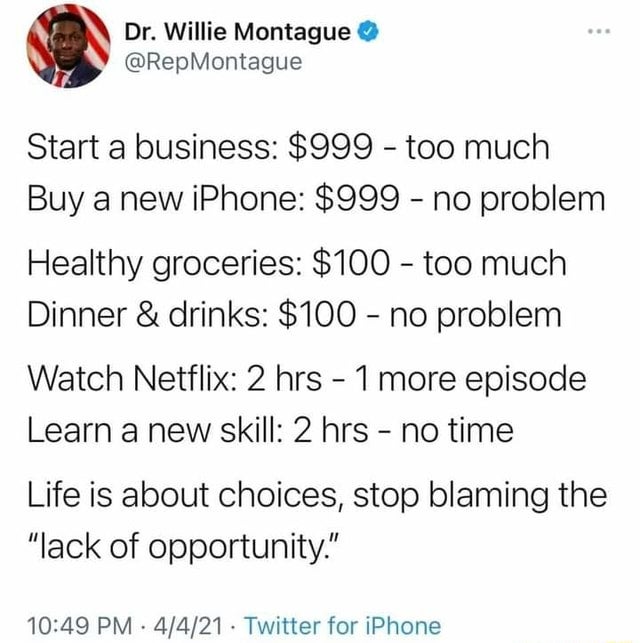What is the time?
By dictionary definition, time is a physical quantity that defines the sequence of events and the interval between events occurring in the same place.
For a manager or Scrum Master, a limited and non-renewable resource needs to be carefully managed. The essence of effective time management is to plan and execute tasks according to priorities. This applies both to your own work and to the team you are working with.
How do you go about it?
1.Identify your roles:
- In the family: husband or wife, dad or mum, son or daughter, etc.
- At work: roles at work can indicate the different fields in which you regularly invest your time and energy;
- Social roles: charities or religious roles.
2. Set goals:
- Set aside specific days to achieve exact goals, treating them either as the most important issue of the day or as planned activities at a specific time;
- Reviewing pre-arranged meetings and plans in your monthly calendar, evaluate them in the context of your goals and either keep or change them;
3.Evaluate tasks according to the priorities in the Time Management Matrix:

We divide tasks into:
- urgent and important
- non-urgent and important
- urgent and unimportant
- non-urgent and unimportant
Urgent means that the thing in question requires immediate attention. Now! Most often, we go for the urgent - like a ringing phone. The non-urgent usually can wait.
Importance, on the other hand, has to do with results. Important tasks contribute to your goals.


When you plan ahead, the effectiveness of your action is clearly increased. Crises and problems are easy to manage. In management jargon, this phenomenon is called the Pareto principle: 80% of the effect comes from 20% of the action. If you don't know "where to get the time for this" - the answer is simple. The only place you can immediately get it from to work in quadrant II is quadrant III and IV.
How do you 'find' more time?
- Draw a matrix and assess the percentage of your time you think you spend in each quadrant.
- Spread out three of your days (so every 15-30 minutes note down what you are doing). Does what you thought coincide with reality? Does the way you spend your time give you satisfaction/satisfaction? What do you need to change?
- Think about what you can give up or reduce. Recalculate how much time you can take out of it to achieve one, even a small personal goal.
- Organize your next week. Turn your goal into a concrete action list.
- At the end of the week, evaluate how your plan translated into your values.
- Repeat ;)
A while ago, a post like this one appeared in front of me on LinkedIn:

I would paraphrase it:
„Scrolling your wall on Facebook: 1 hrs – 1 more touch
Playing with your child: 1 hrs – too long
Watching Netflix: 2 hrs – 1 more episode
Learning a new skill: 2 hrs – no time.
Life is about choices, stop blaming the lack of time.”
If you are interested in this topic, I encourage you to read the book by Stephen R. Covey, „The Seven Habits Of Highly Effective People”



